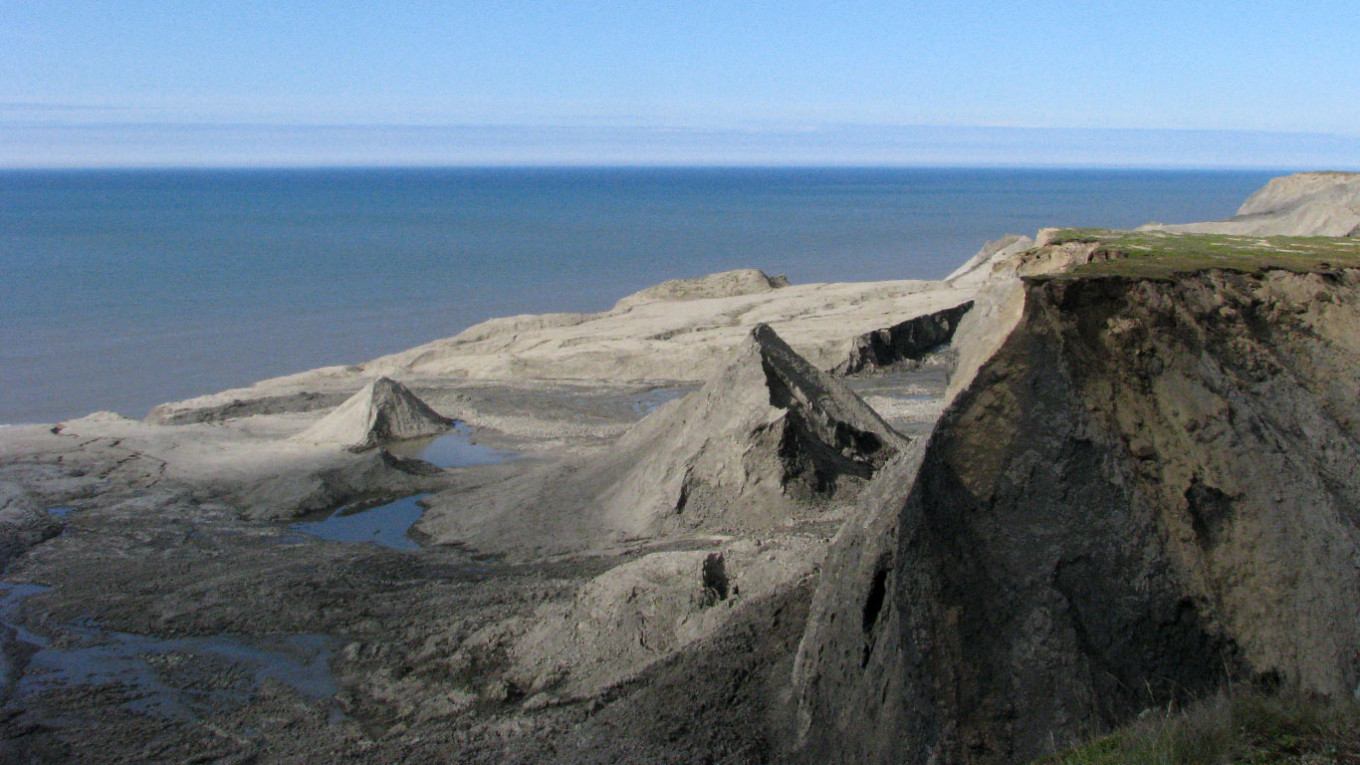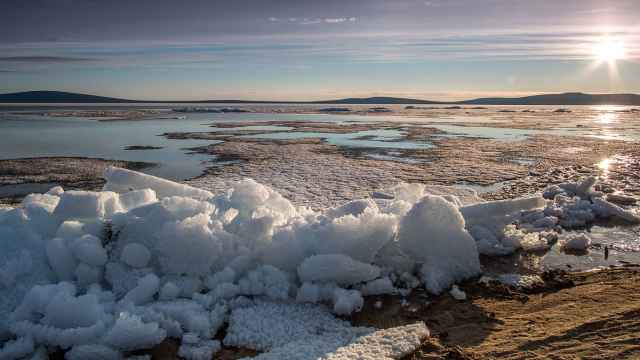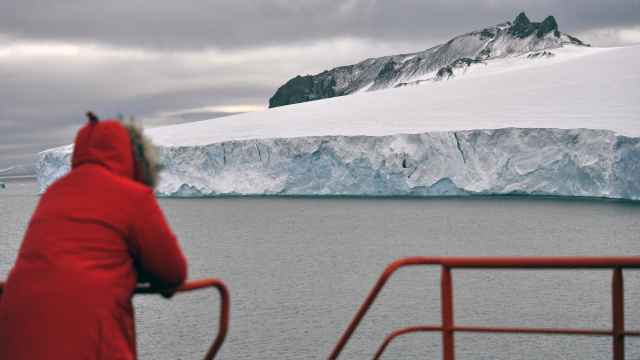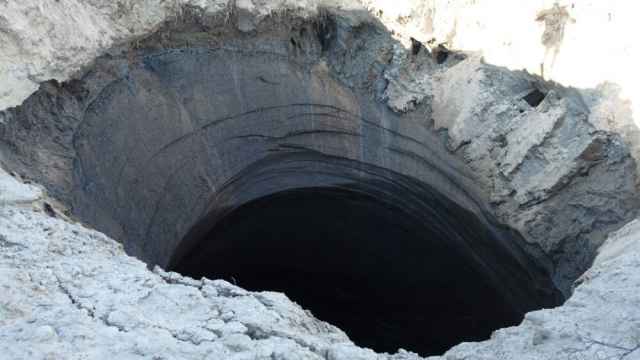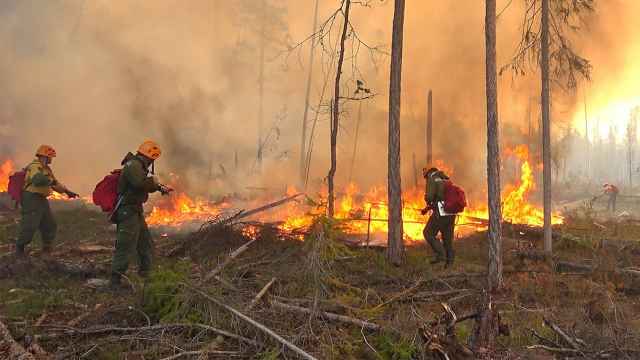Russia is losing increasing amounts of its Arctic coast each year as climate change accelerates natural erosion processes, a phenomenon that could catalyze new ecological disasters, scientists have warned.
An amount of shoreline roughly the size of central Moscow now collapses into the sea every year, Stanislav Ogorodov, the head geo-ecological scientist at Moscow State University (MGU), told the state-run Rossiyskaya Gazeta newspaper Friday.
While thermal abrasion — where the Arctic Ocean’s combined mechanical and thermal energy erodes sea coasts — is a natural process, global warming has made it significantly more intense, a team of MGU scientists has claimed in a new study.
The researchers created a database which shows that different regions of Russia’s Arctic are losing ground at different speeds. Thermal abrasion now erodes the coastline at an average of 1-3 meters per year and is doing so as fast as 5-7 meters per year in some places, the study said. In places where the shoreline is mostly covered by ice, such as in the republic of Sakha in eastern Siberia, as much as 10 meters of shoreline can fall into the sea per year, Ogorodov said.
This loss of coastal lands can damage human infrastructure and poses a major threat to local ecosystems, Ogorodov warned.
Russia’s Arctic coastline has been home to millions of barrels of fuel and chemicals since the Soviet era, and these could spill into the ocean if located on an unstable part of land. Russia is also planning several new oil and gas projects along the Arctic coast which would be vulnerable to damage and collapse, polluting ecosystems and leading to major financial losses.
The MGU scientists concluded that oil and gas producers and regional authorities need to closely monitor their infrastructure that is most at-risk to thermal abrasion and to thoroughly evaluate potential construction sites along the coast for stability.
Another threat to Russia’s Arctic infrastructure is the melting of permafrost, the permanently frozen soil that covers 65% of Russian territory.
Permafrost melt is predicted to cost the Russian economy $67 billion each year by 2050. This year, President Vladimir Putin ordered his government to create a robust permafrost monitoring system and develop a strategy to counter this process.
A Message from The Moscow Times:
Dear readers,
We are facing unprecedented challenges. Russia's Prosecutor General's Office has designated The Moscow Times as an "undesirable" organization, criminalizing our work and putting our staff at risk of prosecution. This follows our earlier unjust labeling as a "foreign agent."
These actions are direct attempts to silence independent journalism in Russia. The authorities claim our work "discredits the decisions of the Russian leadership." We see things differently: we strive to provide accurate, unbiased reporting on Russia.
We, the journalists of The Moscow Times, refuse to be silenced. But to continue our work, we need your help.
Your support, no matter how small, makes a world of difference. If you can, please support us monthly starting from just $2. It's quick to set up, and every contribution makes a significant impact.
By supporting The Moscow Times, you're defending open, independent journalism in the face of repression. Thank you for standing with us.
Remind me later.


